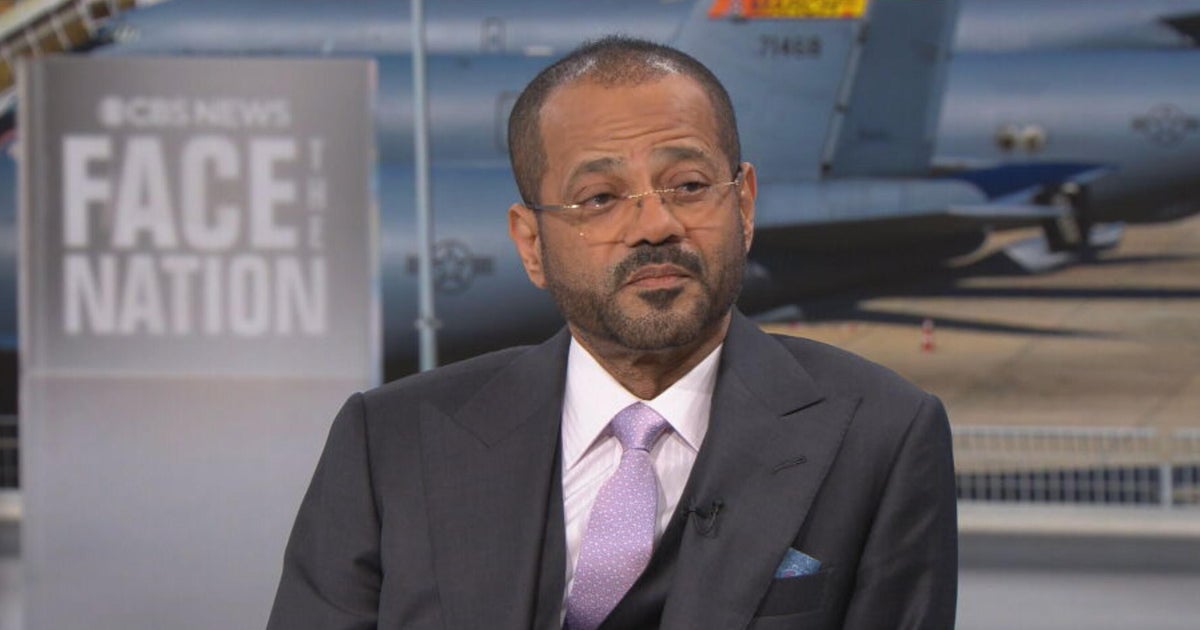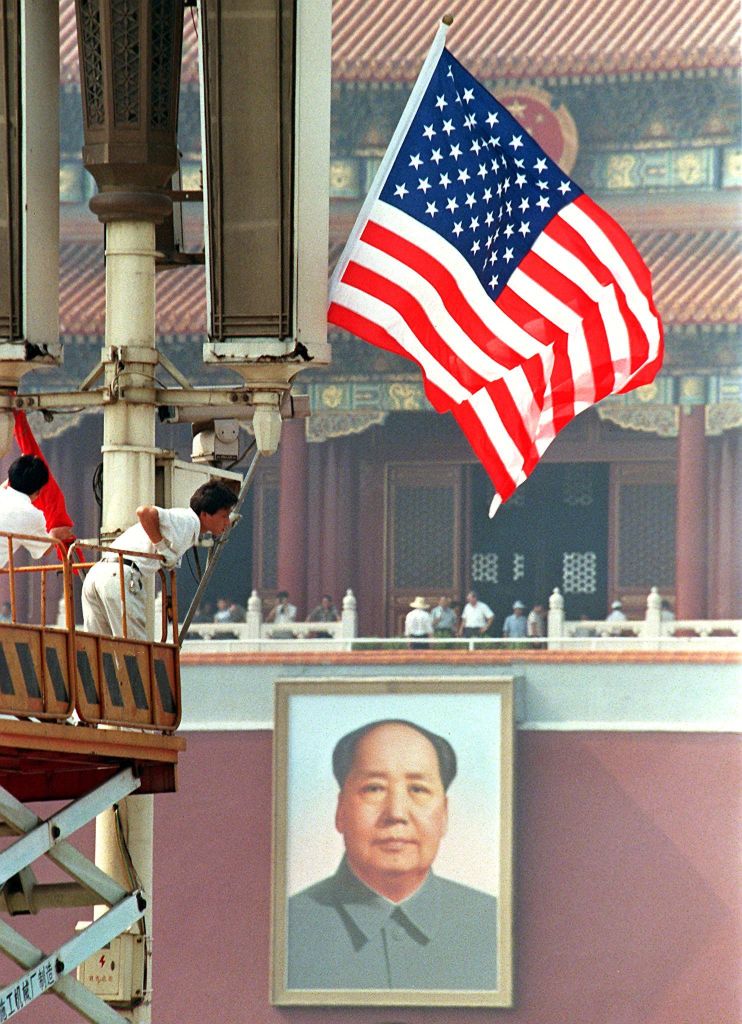U.S. and China talk trade, but few expect any breakthroughs
U.S. and Chinese negotiators on Wednesday started two days of talks to try and defuse a trade war that's hurt the world's two biggest economies, spooked investors and chilled global economic growth. While trade wonks don't expect major breakthroughs, the hope is the two sides will at least keep talking after President Donald Trump agreed in December to postpone a steep hike in tariffs on $200 billion in Chinese goods.
Complicating matters is the Justice Department's move this week to press criminal charges Chinese tech giant Huawei. Here's a look at the key issues on the table.
The cost of doing business?
The Trump administration says China steals trade secrets and forces foreign companies to hand over technology as the price of doing business in the country. Washington also doesn't like that Beijing subsidizes its tech industry as part of its "Belt and Road" initiative to become the world's leader in critical sectors, such as artificial intelligence and robotics.
The good news is that the stakes are high enough that the dispute over Huawei probably won't bring things to a halt.
"The Chinese will keep talking," David Dollar, a senior fellow at the Brookings Institution and a former U.S. Treasury official, told the Associated Press. "They won't be happy with the Justice Department action, but I think they would like to keep it separate from the trade talks."
High hopes, low expectations
Although Treasury Secretary Steven Mnuchin told Fox Business Network this week that he expects the talks to yield "significant progress" on trade, the two sides remain far apart on key issues. As late as Tuesday, the U.S. was still debating how to proceed, Bloomberg reported, citing administration officials and other people familiar with the situation.
Robert Lighthizer, the U.S. trade representative and the Trump administration's lead negotiator this week, wants China to toughen intellectual property protections and to stop what he said is unfairly subsidizing its state-owned enterprises.
Chinese officials deny that they force U.S. companies to transfer technology. China sees its support of state-owned companies and the acquisition of cutting-edge technology, much of it from outside the country, as vital to the country's economic development.
Mr. Trump faces pressure to make a deal as both the partial government shutdown and tariffs already imposed are hurting U.S. companies, many of which are opposed to tariffs.
"We think an escalation of tensions is unlikely, but we also doubt a lasting agreement will be reached," UBS analysts wrote in a note to clients today.
A ticking clock
Tariffs are paid by companies that import foreign goods into the country; they're not paid by countries themselves.
China and the U.S. agreed to call a temporary truce in their trade war for 90 days after a meeting in Argentina last year. That agreement ends at midnight on March 1. Barring a deal before that deadline, tariffs on $200 billion in Chinese goods are set to jump to 25 percent, from 10 percent, on March 2. Those tariffs are on top of another $50 billion in U.S. levies imposed on China last year.
Mr. Trump has threatened to tax every good imported from China unless an agreement can be reached, amounting to an additional more than $250 billion.
Deep impact
The impact from tariffs and the trade dispute is unmistakable and broad. U.S. companies, especially tech and industrial firms, want access to China's massive market. America's trade deficit with China, our biggest trading partner, surged to a record $323.3 billion last year. That gap means the U.S. is importing a lot more goods from China than we export to the country.
China is under added pressure to ease trade tensions because it is facing its worst economic slowdown since the 2008 financial crisis. Meanwhile, tariffs from both countries are seeping into results from many U.S. companies that do business in China.
For instance, Caterpillar said this week that higher costs from tariffs would hurt profits and blamed China's growth for missing analyst estimates. Many other companies, including Apple and chipmaker Nvidia, also are seeing damage to their results because of weakness in China.
-- The Associated Press contributed to this report



